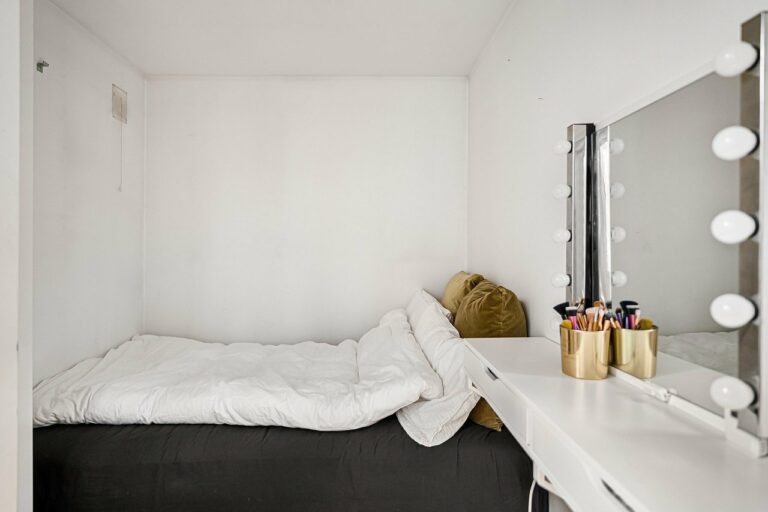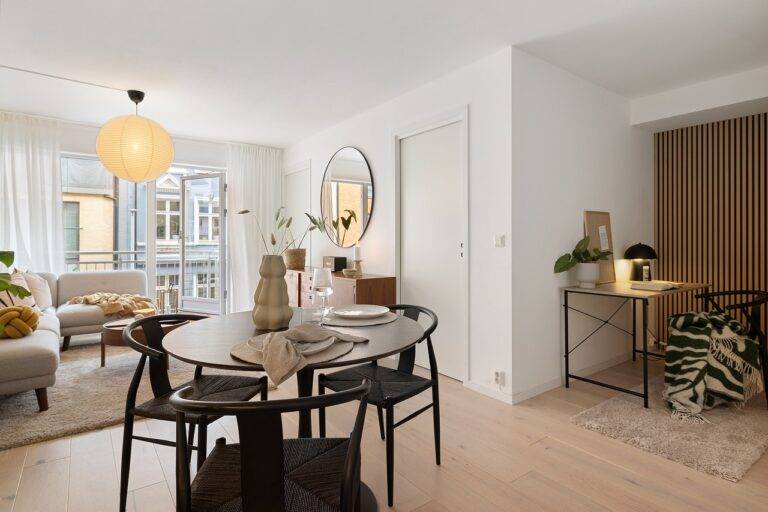Designing a Home Meditation Space for Mental Wellbeing
Meditation is an ancient practice that has been proven to have numerous mental and physical health benefits. From reducing stress and anxiety to improving focus and concentration, meditation can significantly enhance our overall wellbeing. One way to cultivate a consistent meditation practice is by designing a home meditation space that is conducive to relaxation and mindfulness. In this article, we will explore the key elements of creating a home meditation space that promotes mental wellbeing.
The Benefits of Meditation
Before we delve into the specifics of designing a home meditation space, let’s first discuss the benefits of meditation. Research has shown that regular meditation practice can have a profound impact on our mental health. Some of the key benefits of meditation include:
- Reduced stress and anxiety
- Improved focus and concentration
- Enhanced emotional regulation
- Increased self-awareness
- Promotes a sense of inner peace and calm
With these benefits in mind, it’s clear that creating a meditation space at home can be a valuable investment in your mental health.
Designing Your Home Meditation Space
When designing a home meditation space, it’s essential to create a calming and tranquil environment that allows you to focus inward and connect with your inner self. Here are some key elements to consider when designing your meditation space:
1. Choose a Quiet and Peaceful Location
When selecting a location for your meditation space, opt for a quiet and peaceful area in your home where you can practice without distractions. Ideally, choose a room or corner that is away from high-traffic areas and noise.
2. Create a Comfortable Seating Arrangement
Comfort is key when it comes to meditation. Invest in a comfortable cushion or chair that provides adequate support for your back and allows you to sit in a relaxed and upright position.
3. Add Personal Touches
Personalize your meditation space with items that bring you joy and comfort, such as candles, crystals, plants, or inspirational quotes. These personal touches can create a sense of serenity and tranquility in your meditation space.
4. Incorporate Natural Elements
Bringing nature indoors can have a calming effect on the mind and body. Consider incorporating natural elements such as plants, natural light, or a small fountain to create a peaceful and harmonious atmosphere.
5. Clear Clutter and Create a Sacred Space
Clearing clutter from your meditation space can help create a sense of openness and clarity. Designate your meditation area as a sacred space where you can let go of distractions and focus on your practice.
6. Set the Mood with Lighting and Aromatherapy
Soft lighting and soothing scents can enhance the ambience of your meditation space and help you relax and unwind. Consider using candles, essential oils, or a Himalayan salt lamp to create a calming atmosphere.
FAQs
Q: How often should I meditate in my home meditation space?
A: The frequency of your meditation practice is entirely up to you. Some people prefer to meditate daily, while others may meditate a few times a week. It’s essential to find a routine that works best for you and stick to it consistently.
Q: Do I need to have experience with meditation to create a home meditation space?
A: Not at all! You don’t need to be an experienced meditator to create a meditation space at home. Designing a tranquil and inviting environment can help you cultivate a meditation practice and deepen your mindfulness experience.
Q: How can I maintain my home meditation space?
A: To maintain your meditation space, it’s essential to keep it clean and clutter-free. Regularly dusting, cleaning your cushion or chair, and refreshing the space with calming scents can help you create a peaceful and inviting atmosphere.
Conclusion
Designing a home meditation space is a powerful way to enhance your mental wellbeing and cultivate a consistent meditation practice. By creating a tranquil and inviting environment that promotes relaxation and mindfulness, you can reap the numerous benefits of meditation and improve your overall mental health.
Whether you’re a seasoned meditator or new to the practice, investing time and effort in creating a meditation space at home can have a profound impact on your wellbeing. Start by incorporating the key elements mentioned in this article, and you’ll be well on your way to establishing a peaceful sanctuary for self-reflection and inner peace.







